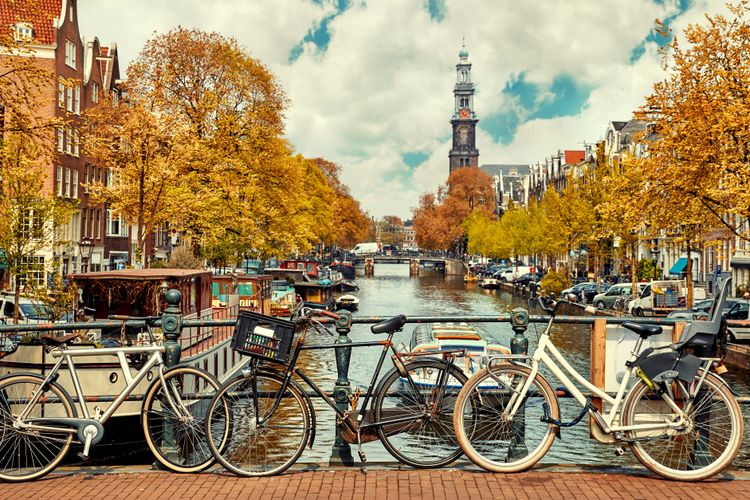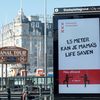Summer Did Little to Boost Tourism in Europe during Pandemic

BRUGES, KOMPAS.com - Deep into the summer season and it is evident how European tourism has suffered as a result of the coronavirus pandemic.
It was on a brisk March morning when the Bruges Mayor Dirk De fauw first noticed something desperately wrong with tourism in Europe.
Crossing the Burg square in front of the Goth city hall, he was greeted with nothing but silence.
“There are always people. Always," De fauw said. That morning?
“Nothing. Nobody is on that large square" at the heart of one of Europe's most picturesque cities, he said.
Six months later, tourism in Europe is seeing its leanest summer season in recent history and it is drawing to a close.
Yet the coronavirus pandemic is not loosening its suffocating grip on the continent.
If anything the pandemic might tighten it over the coming months, with losses piling up in the tens of billions of euros across the 27-nation European Union, and the continent's vaunted government support and social security system under increasing strain to prop up the sector.
Read also: German Economy Rebounding Faster Than Expected in 2020
The upheaval so far, the bloc's executive European Commission said, shows that “revenue losses during the first half of 2020 for hotels, restaurants, tour operators, long-distance train operators and airlines were roughly 85-90 percent." No country has been exempt in an area spanning from Greece's beaches to the trattorias in Rome and the museums of Paris.
And even now, the European Commission told The Associated Press, “bookings for September and October remain abnormally low," as dire as 10 percent of capacity in Bruges.
It dents hopes that a brief uptick in business in July would be a harbinger of something more permanent.
Over the summer, though, came fresh spikes in Covid-19 contamination, especially in Spain and France, new restrictive measures and regional color codes that spelled disaster for local tourism when they turn red.
Read also: Germany Advises Citizens to Avoid Travel to High Risk Countries as Coronavirus Cases Accelerate
It left the European tourism industry relying on hope more than anything else.









































